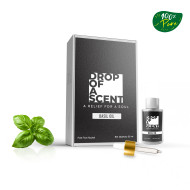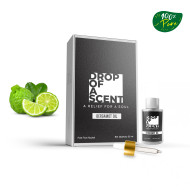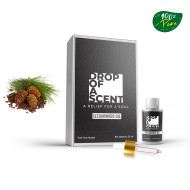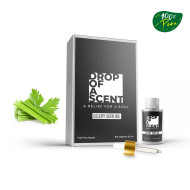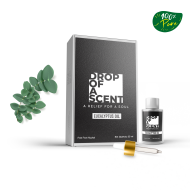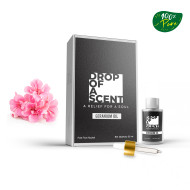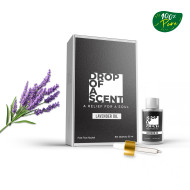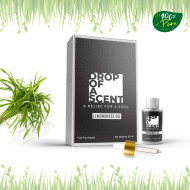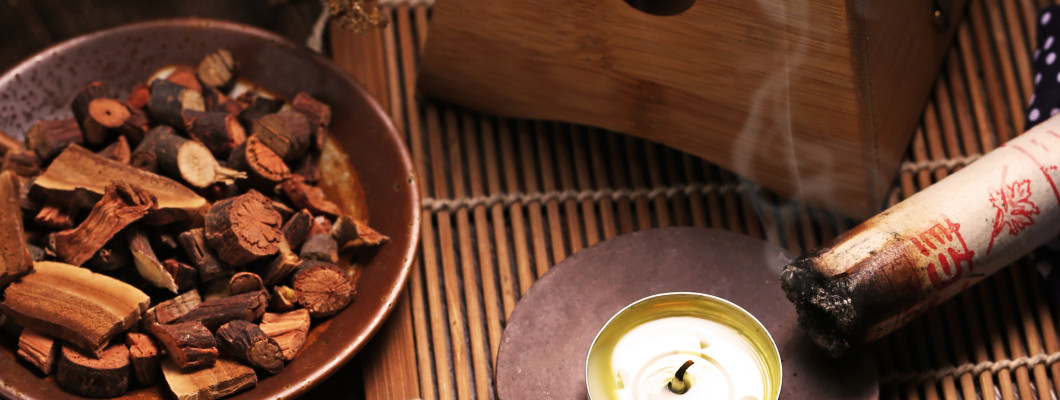
In the world of perfumery and aromatic traditions, few essences hold as much mystique and allure as oudh. But what exactly does "oudh" mean, and what significance does it carry? Let's embark on a journey to unravel the meaning behind this captivating substance.
Linguistic Origins: The term "oudh" traces its linguistic roots to Arabic, where it refers to the resinous wood of the Aquilaria tree, also known as agarwood or aloeswood. The word itself evokes a sense of reverence and mystery, hinting at the exotic origins and rich history of this precious substance.
Symbolism and Tradition: In many cultures, oudh holds deep symbolic significance, representing luxury, spirituality, and cultural heritage. In the Middle East, it is often associated with royalty and opulence, cherished for its rich aroma and rarity. Oudh is also revered in Eastern traditions such as Ayurveda and Traditional Chinese Medicine, where it is valued for its medicinal properties and used in healing rituals.
Fragrance of the Divine: The scent of oudh is often described in poetic terms, evoking images of ancient forests, sacred temples, and mystical realms. Its aroma is rich, woody, and complex, with nuances of resin, smoke, and earth. Oudh is said to have a transformative effect on the senses, transporting the mind to distant lands and awakening the spirit to new possibilities.
Cultural Heritage: Throughout history, oudh has been an integral part of cultural and religious ceremonies in various parts of the world. In the Islamic tradition, it is mentioned in the Hadith and revered as a gift from heaven. Oudh is often used in mosques and during special occasions such as weddings and festivals, where its fragrance enhances the atmosphere and invokes a sense of reverence.
Modern Resurgence: In recent years, oudh has experienced a resurgence in popularity in the world of perfumery and luxury goods. Its exotic allure has inspired countless fragrances, cosmetics, and lifestyle products, catering to a global audience of discerning consumers. Oudh-infused perfumes, oils, and incense are sought after for their distinctive aroma and perceived status symbol.
Sustainability and Conservation: Despite its popularity, the increasing demand for oudh has raised concerns about sustainability and conservation. Many Aquilaria trees are now endangered due to overharvesting and illegal logging. Efforts are underway to promote sustainable practices such as agarwood cultivation and responsible harvesting techniques to ensure the long-term survival of this precious resource.
Personal Connection: Beyond its cultural and commercial significance, oudh often holds a deeply personal meaning for individuals who are drawn to its enchanting aroma. For some, it evokes memories of cherished moments and loved ones, while for others, it represents a connection to nature and the divine. The fragrance of oudh has the power to evoke emotions, spark inspiration, and create lasting impressions that transcend time and space.
Conclusion: In a world filled with fleeting trends and ephemeral pleasures, oudh stands as a timeless symbol of elegance, spirituality, and cultural heritage. Its meaning is as elusive and multifaceted as its aroma, inviting us to explore its mysteries and discover new depths of appreciation. Whether experienced in a fragrant perfume, a sacred ritual, or a moment of quiet contemplation, oudh continues to captivate the senses and enrich our lives with its enduring allure.











